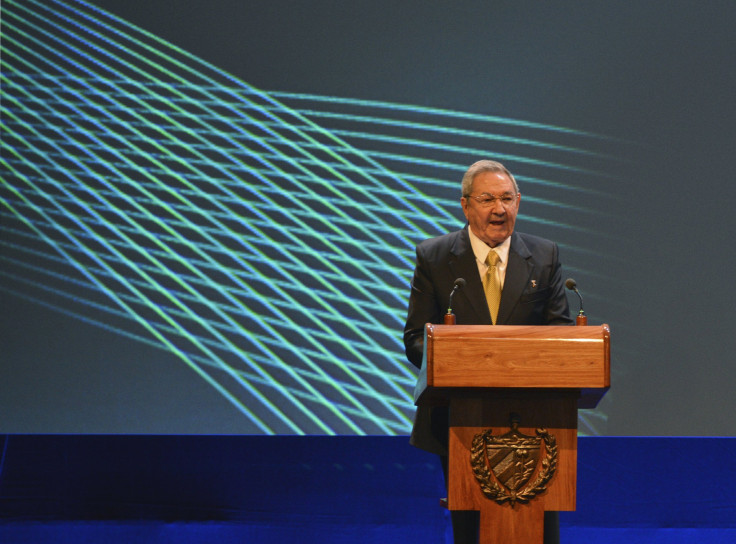
In a speech on Tuesday at the second summit for the Community of Latin American and Caribbean States (CELAC), which convened heads of state from 33 member countries, Cuban President Raúl Castro cited the tremendous inequalities that continue to plague the region and called for the regional bloc to come together under a “common vision” of a more equal Latin America. Castro ticked off figures testifying to the region’s poor record on poverty, basic education and healthcare while also taking shots at the United States -- which along with Canada and overseas European territories is excluded from CELAC -- for its spying programs and continued economic embargo against Cuba.
La Jornada writes that in calling for a better distribution of wealth and income, Cuban president cited studies by the United Nation's Economic Commission for Latin America and the Caribbean which indicate that 28.2 per cent of Latin Americans (164 million people) live in poverty and 11.3 per cent (66 million) in extreme poverty. Even more reason for worry, said Castro, are the 70.5 million children and adolescents living in poverty -- and 23.3 million in extreme poverty -- while their educational attainment remains heavily dependent on their levels of income. Only 50 percent of people between 20 and 24 -- and 21.7 percent of the poorest among that age group -- have completed secondary school.
Castro called the CELAC regional bloc, an initiative of late Venezuelan president Hugo Chavez, more than “a series of mere reunions” but rather “a common vision of a great Latin American and Caribbean fatherland which is owed solely to its peoples.” He added, in what appeared to be a reference to the United States’ embargo of Cuba, “We must treat as a priority the creation of a common political space in which we advance toward the attainment of peace and respect among our nations, in which we make ourselves capable of overcoming obstacles intentionally imposed upon us.”
The Guardian notes that the U.S. State Department, meanwhile, pointed to reports that Cuban authorities had executed a pre-summit roundup of pro-democracy activists who had intended to hold a forum on human rights at a central Havana park. Amnesty International denounced a “campaign of repression against opponents and dissidents” in which it said the Cuban government briefly detained 43 activists, put another five under house arrest and warned 18 others not to travel to Havana for the summit.
© 2025 Latin Times. All rights reserved. Do not reproduce without permission.





